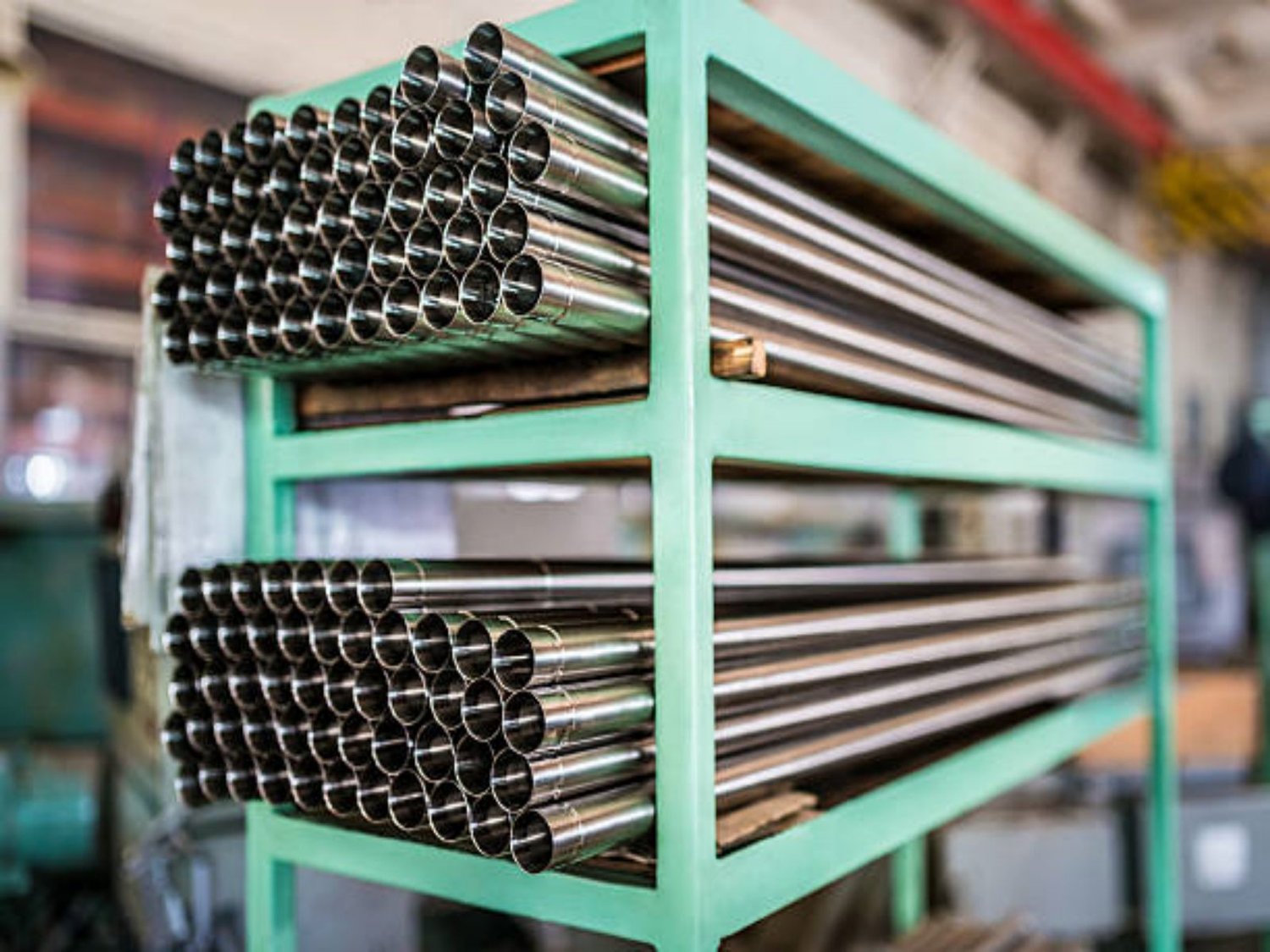Table of Contents

Titanium Tubes: A Sustainable Solution for Industrial Applications
In recent years, there has been a growing concern about the environmental impact of industrial activities. Industries contribute significantly to pollution, resource depletion, and climate change. However, there are innovative solutions that can help mitigate these negative effects. One such solution is the use of titanium tubes in industrial settings. Titanium tubes offer numerous environmental benefits, making them an excellent choice for various industrial applications.
1. Reduced Energy Consumption
One of the key Environmental Benefits of Using Titanium Tubes in Industrial Settings is their ability to reduce energy consumption. Titanium has exceptional heat transfer properties, allowing for more efficient heat exchange processes. This means that less energy is required to achieve the desired temperature, resulting in reduced energy consumption and lower carbon emissions.
2. Lightweight and Durable
Titanium tubes are known for their lightweight nature and exceptional durability. Compared to traditional materials such as steel or copper, titanium tubes offer a higher strength-to-weight ratio. This means that less material is needed to achieve the same level of strength, resulting in reduced resource consumption. Additionally, the durability of titanium tubes ensures a longer lifespan, reducing the need for frequent replacements and further minimizing waste generation.
3. Corrosion Resistance
Industrial processes often involve exposure to corrosive environments, which can lead to material degradation and the release of harmful substances. Titanium tubes possess excellent corrosion resistance, making them suitable for use in harsh industrial environments. By using titanium tubes, the risk of leaks, spills, and contamination is significantly reduced, thereby protecting both the environment and human health.
4. Recyclability
Titanium is a highly recyclable material, and this characteristic extends to titanium tubes as well. At the end of their useful life, titanium tubes can be easily recycled and repurposed, reducing the demand for new raw materials and minimizing waste generation. Recycling titanium also requires less energy compared to the production of virgin titanium, further reducing the carbon footprint associated with its use.
5. Resistance to Extreme Temperatures
In many industrial processes, extreme temperatures are encountered, which can pose challenges to the materials used. Titanium tubes exhibit exceptional resistance to both high and low temperatures, allowing them to maintain their structural integrity and performance under extreme conditions. This resistance reduces the need for frequent repairs or replacements, resulting in less material waste and energy consumption.
6. Improved Efficiency of Industrial Systems
The use of titanium tubes can lead to improved efficiency in industrial systems. Their excellent thermal conductivity and resistance to fouling and scaling contribute to more efficient heat transfer processes. This, in turn, leads to reduced energy consumption, lower operating costs, and a smaller environmental footprint.
7. Reduced Water Consumption
Many industrial processes require the use of water for cooling purposes. Traditional cooling methods often involve large quantities of water, which can strain local water resources and lead to water pollution. Titanium tubes offer superior heat transfer capabilities, allowing for more efficient cooling. This results in a reduced need for water, minimizing the overall impact on water resources and ecosystems.
8. Lower Emissions of Harmful Substances
Industrial activities are often associated with the emission of harmful substances such as pollutants and greenhouse gases. By using titanium tubes, industries can reduce the release of these substances into the environment. Titanium's inert nature and corrosion resistance help prevent the leaching of toxic materials, ensuring a cleaner and safer working environment.
9. Longevity and Cost Savings
Investing in titanium tubes for industrial applications can lead to long-term cost savings. Their durability and resistance to corrosion result in a longer lifespan compared to traditional materials. This reduces the need for frequent replacements, maintenance, and associated costs. Additionally, the energy savings achieved through the use of titanium tubes can translate into significant cost reductions over time.
10. Positive Impact on Sustainable Development Goals
By incorporating titanium tubes into industrial processes, companies can contribute to achieving several Sustainable Development Goals (SDGs). These include SDG 7 (Affordable and Clean Energy), SDG 9 (Industry, Innovation, and Infrastructure), and SDG 12 (Responsible Consumption and Production). The environmental benefits of titanium tubes align with these goals, promoting sustainable practices and a greener industrial sector.
